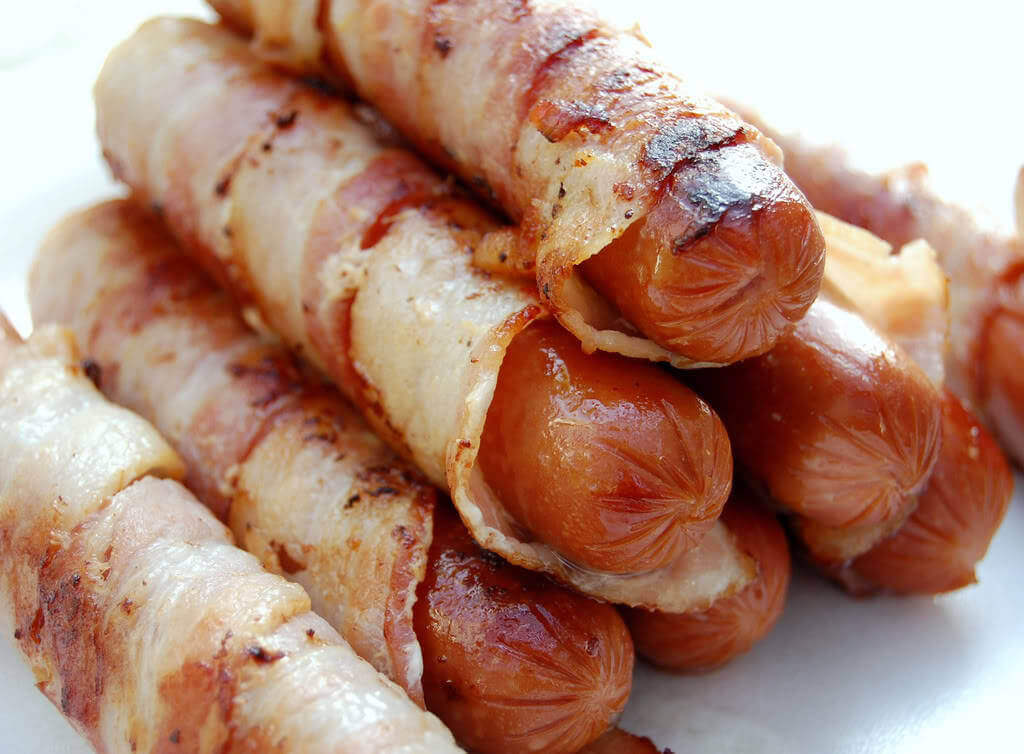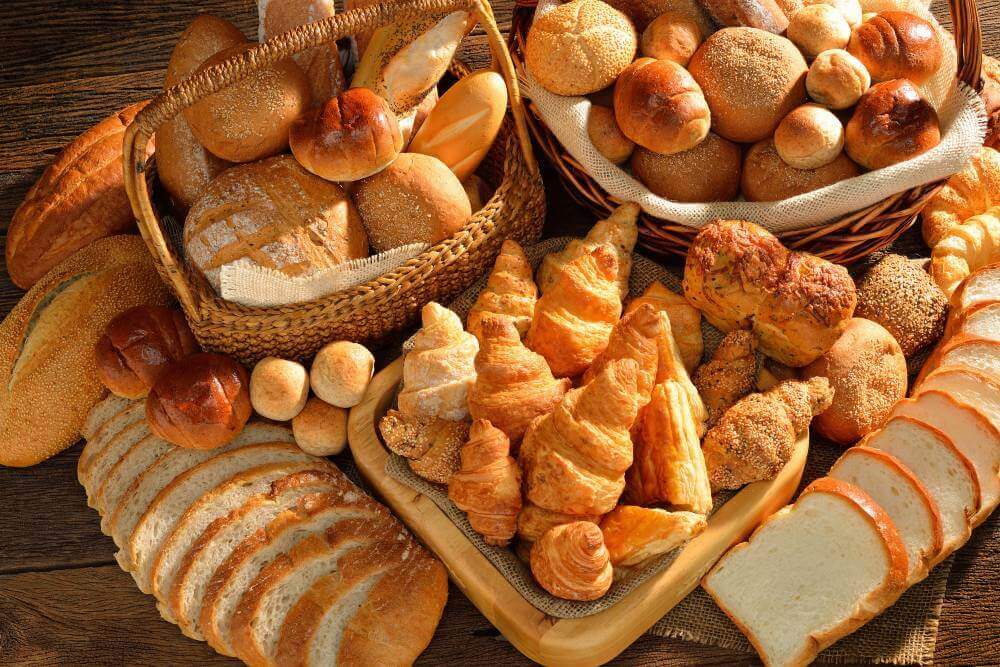Ten Foods You Should Avoid Eating Before Bed

There are several foods that you should avoid eating before bed, as they make it difficult to rest, slow down digestion and can even cause you to gain weight.
Therefore, when health, diet and nutrition experts say that the ideal is to have a light dinner at least three hours before going to bed, they aren’t trying to impose rules without any basis. In fact, they’re helping you make the best choices so you can enjoy your best health.
Although there are foods that seem like harmless and appetizing choices, it’s best to avoid them and instead opt for lighter foods, such as vegetables, for example.
We’ll explore your options below.
The last thing you eat before bed is important
From time to time, you might experience mild hunger pangs before going to bed. It’s normal to have a little craving at this time, even if you’ve just had dinner a few hours ago.
The problem is that you might pick the wrong food for this time of the day. Eating the wrong foods before bed can interfere with your metabolic activity and produce other problems which make it difficult for you to sleep.
There are those who say they cant eat certain foods because they have nightmares and bad sleep in every way. Not even in small quantities. Therefore, the last thing you eat in the day matters, and a lot.
For this reason, it’s important that you adopt healthy eating habits and – above all – limit your consumption of these 10 foods that can be harmful at bedtime.
Foods you should avoid eating before bed
This is a list of some of the foods you should avoid eating before bed, but keep in mind there may be more to consider if you suffer from any kind of intolerance or gastrointestinal problem.
1. Butter

Butter can be used in many recipes, but thanks to its high saturated fat content, it’s not a good idea to consume it before bed.
In general, you should consume butter in moderate amounts, but if you eat it at night it can also cause digestive problems.
Read about these Fourteen Surprising Uses for Butter
2. Calorie-rich candy
Most people accept that it’s “harmless” to eat a little candy during the day. The problem with having candy at night, however, is that the high sugar and chemical content can affect your quality of sleep.
Some of these compounds stimulate the activity of your nervous system and put your brain into a state of alert that prevents you from going to sleep. In fact, some argue that eating candy before bed even increases your chance of suffering from nightmares.
3. Ice cream

It’s a bad idea to cure your nighttime cravings with a bowl of ice cream. This dessert contains fats, sugars, and other added compounds that alter your metabolism and affect your nervous system activity.
Eating ice cream can slow down your digestion and lead to pain and inflammation.
4. Spicy foods
Spices add a little flavor to many dishes. In spite of this, however, you shouldn’t eat them at night because they alter the stomach’s production of acids.
Consuming spicy foods before going to bed can lead to acid reflux and stomach pain. Some of them also contain many calories and can cause you to gain weight.
5. Sausages

Although they usually look fresh and appetizing, sausages are full of fats and chemical compounds that aren’t good for your body.
In general, you should limit your consumption of sausage to maintain a healthy body weight. When you eat this food at night, it leads to heavy digestion and a slower metabolism.
6. Cheese is a food you should avoid eating before bed
The problem with eating cheese before going to bed is that it contains an amino acid known as tyramine that decreases your production of hormones that regulate sleep.
Don’t eat it on its own or in other dishes. This is a heavy food that’s rich in fat, which can cause inflammation and stomach problems.
7. Bread

Bread and other pastries might look like great options to fight those hunger cravings. You shouldn’t eat them before bedtime, however, because they pack a lot of unnecessary calories.
Flour and sugar in commercial pastries negatively impact your metabolism and increase your risk of being overweight and having blood sugar problems.
Click here and Discover if Bread Is Fattening
8. Chocolate is a food you should avoid eating before bed
Having one little serving of chocolate a day can have many benefits. This food is full of antioxidants and amino acids that improve your physical and mental health.
It’s a bad idea to eat it at night, however, because some of the ingredients in chocolate bars are stimulants that prevent sleeping well.
9. Red meat

Red meat contains protein and saturated fat that slow the work of your digestive system during rest.
While red meat can have beneficial nutrition when consumed in moderation, it’s best to avoid eating it at night to keep from interrupting your sleep.
10. Coffee
Coffee and other beverages that contain caffeine should be avoided at this time of day. While they can provide feelings of alertness and well being in small doses, this is counterproductive at night. Once you drink a cup of coffee, it can keep you awake for several hours.
Eating before bed: light and early
When you’re craving something to eat before bed, remember these foods you should avoid eating before bed. Instead, you can always choose some plain yogurt (Greek, if you prefer) and other healthy snacks.
Remember you can also drink some chamomile tea to ensure a good night’s sleep. Of course, don’t forget to follow a healthy sleep schedule.
All cited sources were thoroughly reviewed by our team to ensure their quality, reliability, currency, and validity. The bibliography of this article was considered reliable and of academic or scientific accuracy.
- McGuinness, O. P., & Shiota, M. (2017). Carbohydrate metabolism. In The Clinical Chemistry of Laboratory Animals, Third Edition. https://doi.org/10.1201/9781315155807
- Harwood, J. L., & Guschina, I. A. (2009). The versatility of algae and their lipid metabolism. Biochimie. https://doi.org/10.1016/j.biochi.2008.11.004
- The Impact of Food Bioactives on Health. (2015). The Impact of Food Bioactives on Health. https://doi.org/10.1007/978-3-319-16104-4
- O’Connor, M. I., Piehler, M. F., Leech, D. M., Anton, A., & Bruno, J. F. (2009). Warming and resource availability shift food web structure and metabolism. PLoS Biology. https://doi.org/10.1371/journal.pbio.1000178
This text is provided for informational purposes only and does not replace consultation with a professional. If in doubt, consult your specialist.








